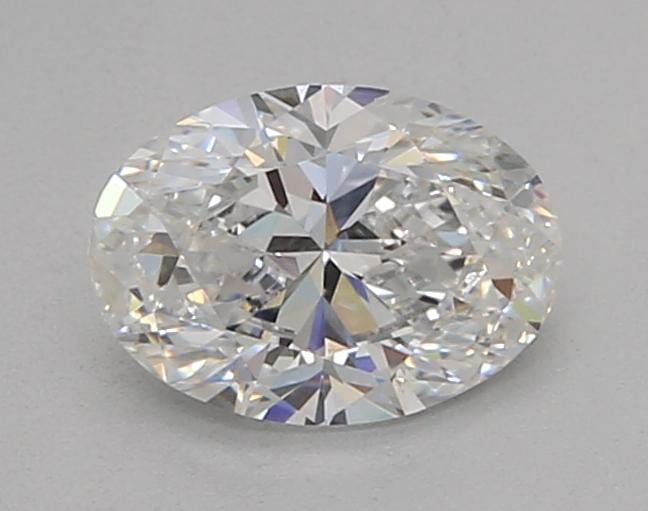What is a Commercial Property and why it is a Good Investment
Commercial properties are a type of real estate property that is used for business purposes. It is also a good investment because it can provide stable and regular income.
Commercial property investment can be profitable because it provides stable and regular income. It also has the potential to grow in value over time, which makes it an even better investment. Owning a commercial property can either be a lucrative way to invest in a business. One can opt for a business shareholding deal where a partner owning the property can work together with a partner who will run the business. This type of commercial approach is beneficial for both parties as it lowers the risk and maximizes the opportunity for both investors. The property owner can benefit from an increase in income from his property once the business starts making real money while the partner with the idea can benefit from lower running costs and more start-up investment.
Of course, one may opt to own commercial property either for rental investment. As commercial properties tend to return a better rent than residential properties. Also one may decide to own commercial property for its own business., In order to lower operational running costs.
What are the Most Common Types of Commercial Properties?
Commercial properties are usually rented out to different businesses. They are either leased or owned.
Leased properties are usually rented for a predetermined amount of time, and the owner is able to charge a higher rent for the property. Owned properties can be bought by an individual or company and then they can be used as they see fit.
There are many different types of commercial properties that exist today, but some of the most common ones include retail stores, office buildings, warehouses, and hotels.
How to Evaluate a Property Before Making an Offer
In order to make an offer on a property, it is important to evaluate it beforehand. This is because you want to make sure that the property you are purchasing will be worth the price. You should look at the following things:
The Location of the Property
Like all properties the location is vital. This is also based on what type of business the property can support. For retail shops a location where there is already high traffic in terms of passers-by is ideal. On the other hand properties like warehouses can opt for advantages related to the transportation network and accessibility. Hotels and guest houses normally favor either touristic areas or areas where short rental is in demand.
The Condition of the Property
The amount of work for the property to be operational and the costs need to be factored in. There are special arrangements that can be done in order to make sure the property is available. For example, if you are converting a property into a restaurant and want to secure that your investment achieves the required returns one can do a long-term rental contract. These types of contracts normally spam over 15 years and have a fixed rent stipulated so that the investor can forecast his initial investment in the rental property over a number of years.
The Size and Layout of the Property
Nominally size is a crucial factor in the pricing of the property. One needs to keep in mind the ability of the property to support the future expansion of your business and also the cost factor of renting and maintaining more space than required. Subletting in this particular scenario could be a solution to the extra space problem.
The Existing Permits and Allowed Alterations
Commercial properties come with permit classes. Based on these classes one can apply for the kind of business he would like to run in the location. Applying for new permit classes is both an expensive and long process so ideally the property to be rented comes with that type of guarantee in hand. Also, not all alterations are allowed on the property by both the landlord and the local regulation.
How to Close on a Property Purchase and What are the Costs Associated with Buying
Buying a property is not a simple matter. There are many costs associated with the purchase of a property, and the buyer must be ready to incur these costs.
The buyer should know that there are many different types of properties available for purchase and this will determine the type of loan they need. For example, if they are looking to buy an apartment, they will need a mortgage loan. If they want to buy a house, they will need both mortgage and home equity loans. For commercial properties, there are different loan types and different rates apply.
There are various costs associated with buying a property:
- Down payment
- The amount of money you need to fork in before the loan. This is lkike a bank garantee.
- Closing costs
- The costs associated with the transfer of property. These include bank fees, notary fees, and agency fees.
- Mortgage interest rates
- These are the costs associated with the actual load. There could be an administrative cost from the bank, mandatory insurance, and of course the actual interest rate on top of your monthly repayment.








More Stories
7 Advantages of Taking Commercial Mortgages and Why turnedaway.CA Is the Right Choice for You
Need of Indoor Playgrounds
Save Money With These Real Estate Buying Tips